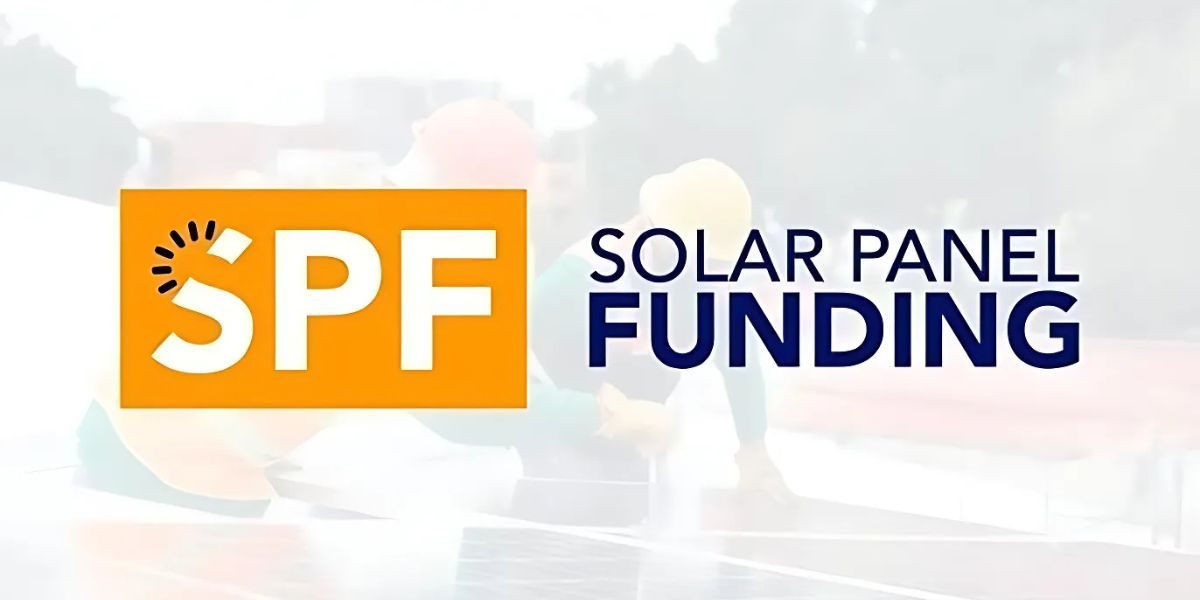Across many regions, there is a persistent challenge in expanding access to solar power. Upfront installation costs, complicated financing terms, and uncertainty about system efficiency continue to discourage potential adopters. In addition, some households remain hesitant due to a lack of clear information about long-term returns and the installation process. These obstacles have slowed the transition to renewable energy in places where it might serve as a practical path toward stable, more affordable power. Against this backdrop, various initiatives are beginning to change perceptions.
Households in different parts of the world often encounter noticeable hurdles when considering solar energy. Some of these include limited funding options, scepticism about installation processes, and confusion regarding the potential benefits of clean power. Although government support schemes address these issues to some extent, many residents still struggle to secure the assistance needed to make the shift. Non-governmental organisations sometimes propose their own solutions, yet the scope of support can vary from project to project.
Solar Panel Funding (SPF), a UK-based renewable energy company headquartered in Norwich, was founded in 2018 to confront these challenges. Operating independently from government subsidies, SPF relies on a unique system in which referral fees from those not qualify for free panels help subsidize installations for low-income households. Since its inception, the organisation has registered with HIES, MCS/NAPIT, Trustmark, EPVS, FCA, DMA, and ICO. This approach has drawn attention because it intends to address fuel poverty and the specific funding barriers many households face. A rebrand in 2024 also figures into the company’s broader evolution as it refines its identity within the renewable energy sector.
SPF’s self-funded grant scheme is its primary mechanism for expanding solar access. By design, this method covers the entire cost of solar panel installation for eligible homeowners. The selection process involves verifying that an applicant meets specific criteria, such as single-parent household status, annual income below £10,000, and energy expenses exceeding 10% of the household’s total income. Applicants cannot have previously received a grant from Solar Panel Funding, and the property itself must meet regulations to ensure safe panel installation.
This initiative contrasts with more conventional loan-based financing arrangements, which often involve monthly instalments and interest rates that can burden homeowners with limited incomes. Whereas other programs rely on public funding, SPF’s alternative uses an internal revenue model. Referral fees from non-qualifying applicants who opt for an installation through SPF’s network or explore various financing avenues are reinvested into the grant scheme. This process allows lower-income households to access solar equipment without incurring extensive initial costs, which historically have deterred many from investing in renewable energy.
Some consumers cite concerns about efficiency levels, upkeep, or reliability of solar panels, especially in climates with fluctuating weather patterns. These worries can overshadow potential long-term benefits regarding utility savings and environmental impact. SPF addresses misunderstandings through educational materials and collaborates with MCS-certified installers who provide data-driven insights. Although information campaigns often exist, they may lack the targeted approach to reach those most needing alternative energy sources.
SPF’s outreach includes clarifying the realities behind common myths. For example, some assume that solar panels demand complex upkeep or that an overcast climate eliminates any financial benefit. SPF points to documented performance data in response and demonstrates that solar panel systems usually function with minimal maintenance. By focusing on verifiable facts, the organisation attempts to reduce the inclination toward scepticism and promote clearer decision-making.
In addition to offering direct financial support, SPF employs various methods to communicate its mission to a broader demographic. Low-income neighbourhoods sometimes face communication barriers, such as minimal digital access, that prevent them from learning about renewable energy options. SPF has addressed this by partnering with local organisations and participating in awareness campaigns. These efforts aim to reach individuals who may not otherwise consider solar power viable.
The SPF Grant Scheme is positioned as a practical route for those dealing with high utility bills and limited resources. Households that meet the eligibility criteria are encouraged to submit applications, after which property surveys assess whether installations are feasible. This process involves no obligation for applicants, which can mitigate concerns about hidden fees. SPF operates with endorsements from accredited bodies to cultivate trust further and clarify the scope of available assistance.
SPF is expected to explore additional avenues for expanding its reach in the coming years. Although the grant scheme is a primary mechanism for alleviating fuel poverty, there is potential for refinements. For instance, the organisation may consider a tiered approach that factors in partial subsidies for applicants who nearly meet the eligibility standards but earn slightly above the income threshold. Future improvements might also involve deeper collaboration with local authorities to identify households in critical need or to share educational resources.
SPF’s upcoming rebrand in 2024 signals an ongoing commitment to refining the organisation’s identity. This change could incorporate updated outreach strategies that target segments of the population not yet aware of privately funded options for solar installation. As interest in renewable energy continues to grow across the UK, SPF’s model may serve as an example for other regions seeking to address income-based disparities in energy access.
Initiatives like SPF illustrate a possible path for individuals discouraged by high prices or limited assistance programs. The organisation attempts to address gaps left by government initiatives by offering free solar panels through a self-funded model. Fuel poverty remains a prominent concern in many areas, and programs designed to reduce financial burdens can help widen renewable energy adoption.
Industry observers emphasise the potential for collaborative efforts among businesses, nonprofit groups, and communities. Efforts that extend beyond standard financing structures can lead to broader acceptance of clean power sources, especially when they include clear eligibility guidelines and transparent funding. For those interested in supporting the movement toward renewable energy, learning about self-funded schemes and sharing accurate information can contribute to more accessible solar solutions.
Published by Joseph T.









